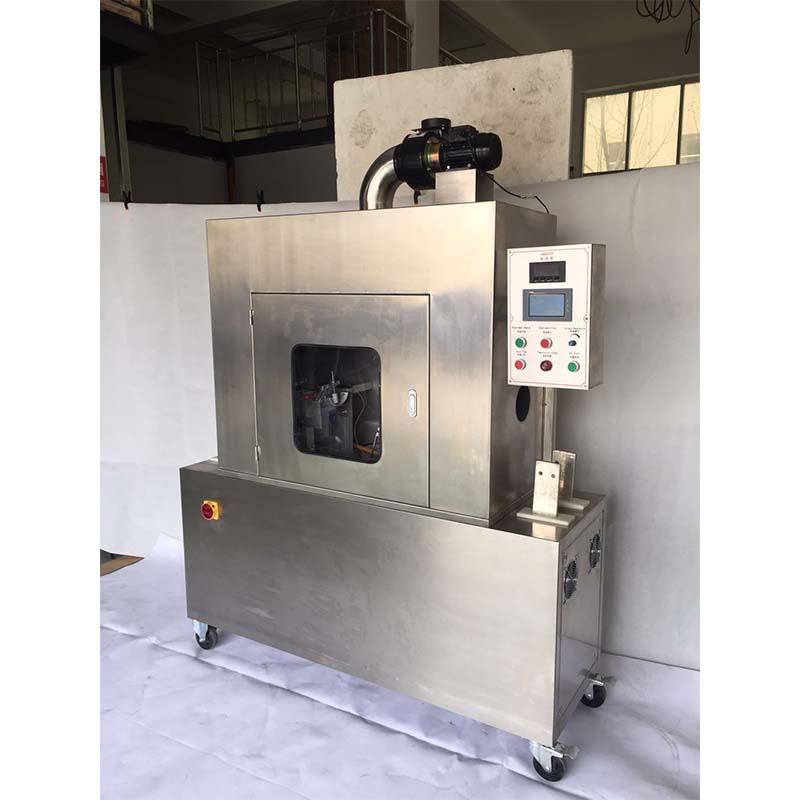conductor resistance measuring instrument supplier
Understanding Conductor Resistance Measuring Instruments A Comprehensive Overview
In today’s evolving electrical landscape, the demand for accurate and reliable measurement of conductor resistance has escalated significantly. Conductor resistance measuring instruments play a crucial role in various applications, including electrical installations, maintenance, and quality assurance in manufacturing industries. As industries from power generation to telecommunications rely heavily on these instruments, understanding their functionality and the role of suppliers becomes essential.
Conductor resistance refers to the opposition a conductor offers to the flow of electric current. It is influenced by several factors, including the material of the conductor, its length, cross-sectional area, and temperature. Accurate measurement of resistance is vital in ensuring the efficiency and safety of electrical systems. Excessive resistance can lead to overheating, energy loss, and potentially hazardous situations. Consequently, robust testing and measurement of conductor resistance are paramount.
There are several types of instruments designed specifically for measuring conductor resistance. Among the most common are digital multimeters (DMMs), micro-ohm meters, and low-resistance ohmmeters. Each of these devices varies in precision, application range, and ease of use.
1. Digital Multimeters (DMMs) These versatile instruments are popular in both industrial and laboratory settings. They can measure voltage, current, and resistance, making them suitable for general-purpose applications. However, while they provide good accuracy for most tasks, they might not be sufficient for specialized applications requiring precise low-resistance measurements.
2. Micro-Ohm Meters When it comes to measuring extremely low resistances, micro-ohm meters are the go-to tools. These instruments are specifically designed for applications such as measuring rail and cable connections, switch contacts, and connectors. Their high accuracy and sensitivity make them indispensable in electrical testing, especially in situations where even small variations in resistance can lead to operational failures.
3. Low-Resistance Ohmmeters These are specialized devices used for high-precision resistance measurements in industrial applications. They often feature advanced functionalities such as automated testing procedures, data logging, and connectivity options that allow integration with other systems for enhanced monitoring and analysis.
The Role of Suppliers
conductor resistance measuring instrument supplier

With the growing demand for conductor resistance measuring instruments, the significance of reliable suppliers cannot be overstated. Suppliers provide a range of products that cater to various needs and budgets, ensuring that businesses can find the right tools for their specific applications. A reputable supplier not only offers quality equipment but also ensures customer support, including training, maintenance, and calibration services.
When selecting a supplier for resistance measuring instruments, several factors should be considered
- Reputation and Experience Choose suppliers with a solid track record in the industry. Experienced suppliers often have a deeper understanding of market needs and can offer expert advice tailored to specific applications.
- Product Range A diverse product portfolio allows for better comparisons and options to meet different measurement needs. Suppliers that carry multiple brands and models can help customers find the most suitable equipment.
- Customer Support Effective customer service, including troubleshooting, warranty, and service options, is critical for maintaining equipment and minimizing downtime.
- Calibration Services Regular calibration is necessary to ensure that equipment remains accurate and reliable. Suppliers who offer calibration services contribute significantly to the long-term value of the instruments.
Conclusion
Conductor resistance measuring instruments are essential tools in ensuring efficient and safe electrical systems. As industries increasingly recognize the importance of precise resistance measurement, the role of reliable suppliers becomes imperative. By understanding the various types of measurement instruments available and selecting the right supplier, businesses can enhance their operational performance and ensure compliance with safety standards. The growing sophistication of these instruments, coupled with advancements in technology, will undoubtedly lead to more efficient practices and better management of electrical resources in the future.
-
The Role of Tensile Force Testers in Quality Control and Material Science
NewsAug.01,2025
-
Maintenance and Safety Tips for Aging Ovens
NewsAug.01,2025
-
Density Balance in Forensic Science
NewsAug.01,2025
-
Advanced Optical Measurement Technologies
NewsAug.01,2025
-
A Buyer’s Guide to Tensile Test Machines
NewsAug.01,2025
-
Why the Conductor Resistance Constant Temperature Measurement Machine Redefines Precision
NewsJun.20,2025
 Copyright © 2025 Hebei Fangyuan Instrument & Equipment Co.,Ltd. All Rights Reserved. Sitemap | Privacy Policy
Copyright © 2025 Hebei Fangyuan Instrument & Equipment Co.,Ltd. All Rights Reserved. Sitemap | Privacy Policy

